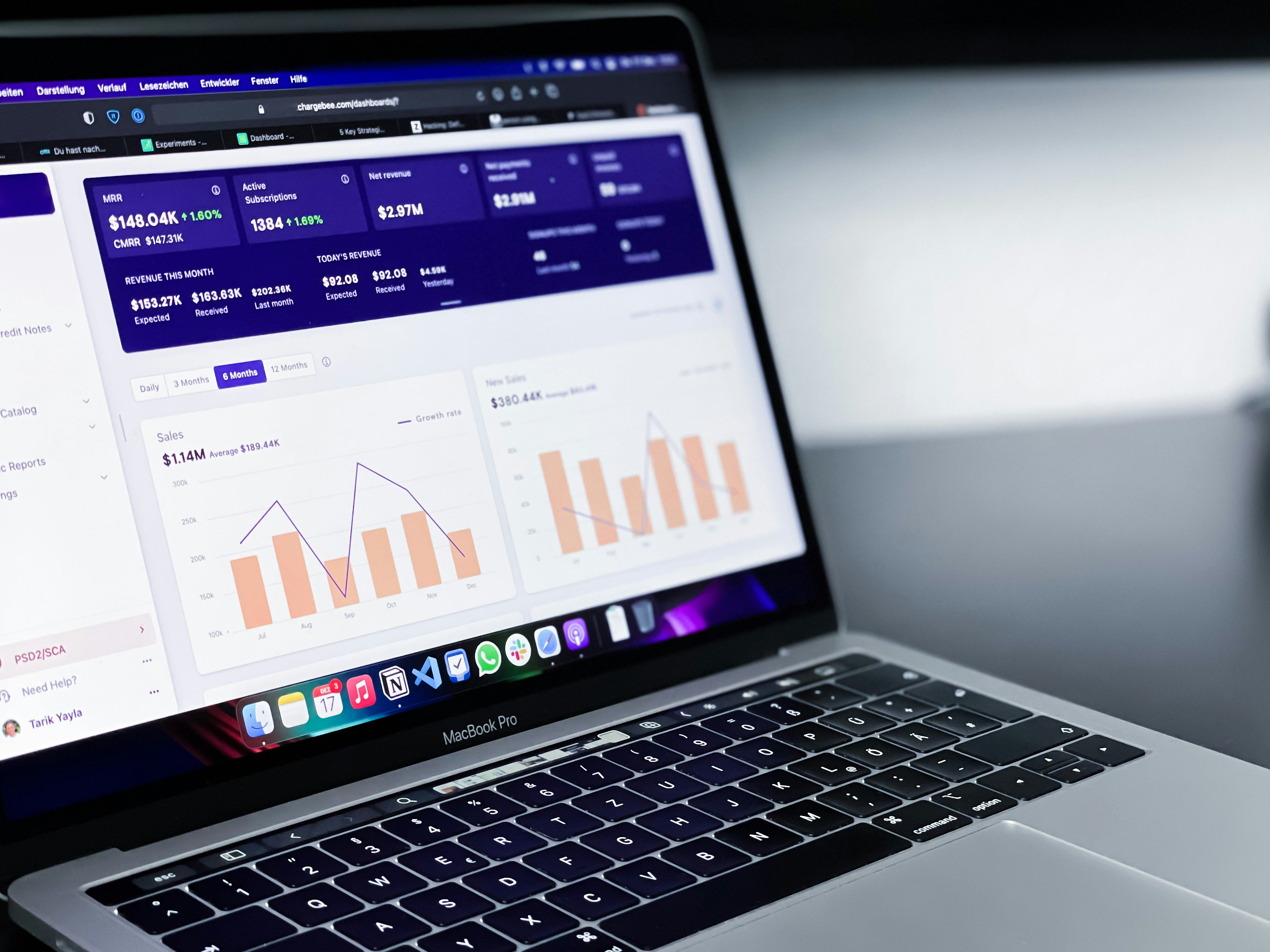
The Power of Analytics in Gaming: Revolutionizing the Player Experience
In today’s digital age, gaming has evolved beyond mere entertainment into a sophisticated industry driven by data. With billions of gamers worldwide, the sheer volume of data generated from gaming activities is staggering. Enter analytics—an indispensable tool that is transforming how games are developed, marketed, and experienced. Let’s explore the multifaceted importance of analytics in the gaming industry.
Enhancing Game Development
1. **Data-Driven Design:**
– **Player Preferences:** Analytics provide insights into what players enjoy most about games, from preferred genres to specific gameplay mechanics. This helps developers tailor their games to meet player expectations.
– **User Experience (UX) Optimization:** By analyzing player interactions, developers can identify pain points in the gaming experience. This can lead to more intuitive interfaces and smoother gameplay.
2. **Balancing Gameplay:**
– **Difficulty Tuning:** Through analytics, developers can monitor where players struggle or excel, allowing for adjustments in difficulty levels to maintain engagement.
– **Content Personalization:** Analytics enable the creation of dynamic content that adapts to individual player behavior, ensuring a unique experience for each user.
Boosting Player Engagement and Retention
1. **Behavioral Insights:**
– **Play Patterns:** By studying when and how long players engage with a game, developers can optimize game features and update schedules to match player habits.
– **Churn Prediction:** Predictive analytics can identify players at risk of quitting, allowing developers to intervene with targeted incentives or content updates to retain them.
2. **Monetization Strategies:**
– **In-Game Purchases:** Understanding spending patterns helps in designing appealing microtransactions without disrupting the player experience.
– **Ad Placements:** Analytics guide the strategic placement of ads to maximize revenue without negatively impacting gameplay.
Informing Marketing and Community Building
1. **Targeted Marketing:**
– **Audience Segmentation:** Analytics allow for precise segmentation of the gaming audience based on demographics, behavior, and preferences, leading to more effective marketing campaigns.
– **Campaign Effectiveness:** Tracking the success of marketing efforts in real-time enables swift adjustments to strategies, ensuring higher ROI.
2. **Community Engagement:**
– **Feedback Loops:** Data from player forums, social media, and in-game feedback provides valuable insights into community sentiment and areas for improvement.
– **Event Planning:** Analytics help in planning and executing in-game events that resonate with the player base, fostering a stronger community bond.
Ensuring Game Quality and Fair Play
1. **Quality Assurance:**
– **Bug Detection:** Automated analytics can quickly identify and categorize bugs, speeding up the testing process and ensuring a smoother launch.
– **Performance Monitoring:** Continuous data monitoring helps in maintaining optimal game performance and swiftly addressing issues as they arise.
2. **Anti-Cheat Mechanisms:**
– **Cheat Detection:** Advanced analytics can detect abnormal patterns indicative of cheating, ensuring a fair gaming environment.
– **Player Reporting:** Analyzing reports and in-game behavior helps in refining cheat detection algorithms and maintaining the integrity of competitive play.
Conclusion
The integration of analytics in gaming is not just a trend but a necessity in today’s data-driven world. From enhancing game development and player engagement to informing marketing strategies and ensuring quality, analytics play a pivotal role in every aspect of the gaming ecosystem. As technology continues to advance, the use of analytics will only become more sophisticated, further revolutionizing the way we create, play, and experience games. For developers and players alike, embracing analytics is the key to unlocking the full potential of the gaming world.
Learn more about our analytics here!


